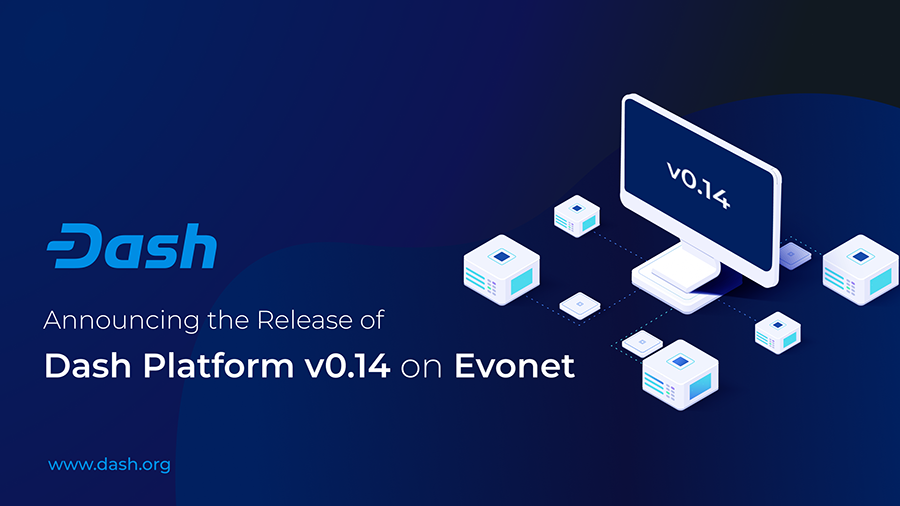The Dash Core Group recently released Dash Platform v0.14, and are planning to roll out another update to the platform towards the end of August.
The Dash Core Group announced Dash Platform v0.14 on their blog last week. This release was the third in the updated regulated development process, and the fifth overall. According to the developers, new functionality will be added approximately every six weeks, and the next update will be released between August 25 and September 8.
Major updates to Dash Platform v0.14 include the addition of document timestamps, a new and improved DAPI Client, a platform testing suite, and an improved distribution. Adding timestamps allows you to capture the creation or update time of any document stored in the Dash Platform. Timestamps also offer opportunities for optimizing applications, for example, by sampling only new or updated documents.
The developers have also completely rewritten the DAPI Client to improve code quality, usability, and testability. In the new version, developers can specify exact DAPI node addresses or implement their own custom logic to get or select nodes. All DAPI client methods have the same parameters as the DAPI Client constructor, so developers can specify different scripts for each API call.
For the test suite, the developers have combined all functional and complete (e2e) tests of the Dash Platform into one tool. This tool comes as a docker image and allows developers to run tests on any network or local host compatible platform. Combined with a distribution (mn-bootstrap), it allowed developers to set up a comprehensive continuous integration workflow for platform components.
As part of the latest update, the distribution has also been significantly improved, especially for local development. To prepare for the launch of a local standalone node, the Dash Core Group has provided the “setup-for-local-development” command, as well as two options for the “start” command that allow you to build Drive and DAPIs from source. Recall that in June, Chainalysis announced plans to track public transactions on the Dash blockchain.







